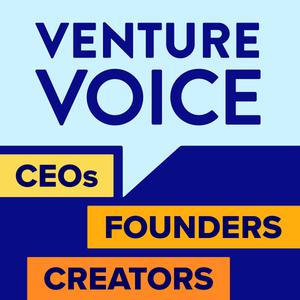Curative founder Fred Turner’s fast pivot into COVID-19 testing
Fred Turner was only 16 when he built his first PCR machine, a tool used to amplify small segments of DNA or RNA. He was interested in sequencing his own genome, but he soon discovered there were others who had a need for these kinds of cheaper, faster testing capabilities. When English pedigree farmers came calling, he pivoted his attention to agriculture, but soon found himself in need of funding to be able to scale to meet demand. That led him to the US, where he went through Y Combinator, which ultimately funded his first startup, Shield Diagnostics. Fred’s focus would return to human diagnostics, first with an STD testing business, where he learned, among other things, “The US healthcare system is just a bit of a mess.”
What he couldn’t have predicted at age 16 when he first built that PCR machine is that less than a decade later, a global pandemic would bring the world to a halt, and PCR-based testing would play a critical role in getting people tested quickly and helping prevent the spread of COVID-19. Fred had been working on a sepsis testing business when COVID-19 hit. Once again, he pivoted. His company Curative, which now employs 5,000 people across the country, has administered 18 million tests (including one to me) in the past year, which at $100 per test implies $1.8 billion in revenue! In addition, they’re providing vaccinations and other essential health services. It sounds like an overnight success story, but as you’ll hear, there have been plenty of ups and downs, including one seriously low point following an unsuccessful Series B round that effectively shut down the STD testing business. Now that he’s running a business whose mission, he says, is “to put ourselves out of business,” Fred will be looking at the next pivot he can take in healthcare, drawing on the infrastructure and institutional knowledge he’s put in place to provide a better, more integrated patient experience at every touchpoint. It’s going to be fascinating to see where he goes next.
***
If you enjoy the podcast, would you please consider leaving a short review on Apple Podcasts/iTunes? It takes less than a minute and helps us continue to attract the entrepreneurs you want to hear and learn from.
For show notes, past guests and transcripts, visit venturevoice.com
Sign up for the Venture Voice email newsletter at venturevoice.substack.com/welcome
Follow and connect on social:
On Twitter: twitter.com/gregory
On Instagram: instagram.com/gregory
On YouTube: youtube.com/c/GregoryGalant
On LinkedIn: linkedin.com/in/galant/
Learn more about Muck Rack at muckrack.com and The Shorty Awards at shortyawards.com
29 March 2021, 3:38 pm
